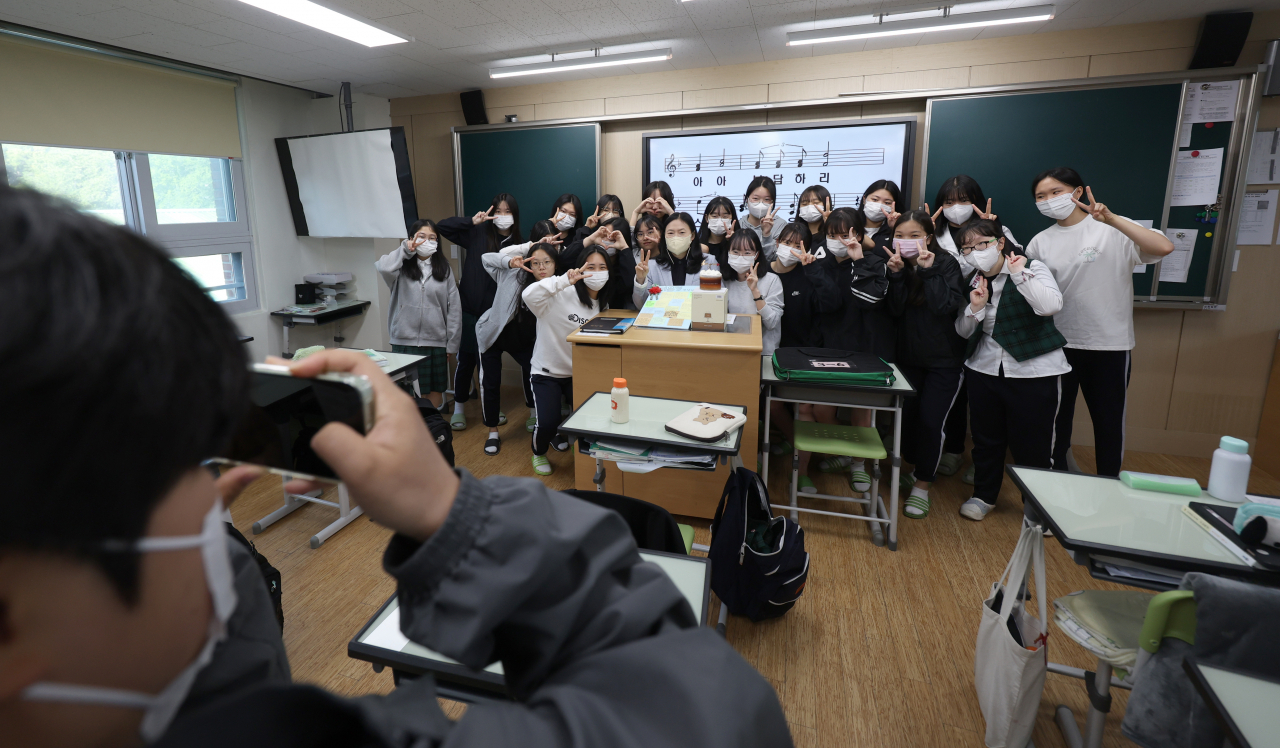Popular in News & Politics
- Elena Kagan Sees Exactly What Samuel Alito Is Doing
- The Real Story of the Glamorous Prosecutor Who Took on Police Violence—and Then Seemed to Implode
- Clarence Thomas Makes a Full-Throated Case for Racial Gerrymandering
- Jamie Raskin Explains What America Could Do to Fix the Supreme Court
Not surprisingly, on Tuesday, media observers, human right groups, and members of Congress all quickly condemned Donald Trump’s defense of the U.S.-Saudi relationship, which posits that journalist Jamal Khashoggi’s killing—whether or not Crown Prince Mohammed Bin Salman was involved in it—is less important than building a coalition to combat Iranian influence and the profits from arms sales to Saudi Arabia. But there’s been some pushback to all the outrage as well.
As Politico’s Nahal Toosi tweets, “One way to think about this whole Trump-Saudi thing is that he’s talking out loud about an approach that past presidents, D or R, would have quietly implemented anyway.” Or as Vice’s Joshua Hersh puts it, using Ben Rhodes’ preferred epithet for the D.C. foreign policy establishment, “A lot of people in the Blob are upset today about what is effectively just an explicit (and I guess extra grotesque) articulation of longstanding US policy toward Saudi Arabia.”
This is a fair point. Previous presidents may have paid lip service to human rights concerns, but since the modern U.S.-Saudi relationship began with a meeting between Franklin Roosevelt and Ibn Saud about the Suez Canal in 1945, every U.S. administration has prioritized the energy and security partnership with the kingdom over human rights concerns. But I think it goes too far to shrug at this statement and dismiss the reaction to it as hypocritical pearl-clutching.
AdvertisementFor one thing, rhetoric clearly does matter to this this Saudi government, which has more or less lost its mind over relatively measured criticism from countries including Canada, Germany, and Sweden in recent months. The crown prince, known as MBS, has sought to cultivate a global image as a modernizing reformer and foreign governments can choose whether to affirm that image.
Advertisement Advertisement AdvertisementHuman rights concerns aside, Trump’s blanket defense of the Saudis and suggestion that we can’t afford to upset its leaders is also a remarkably servile posture for the “America first” president. From supporting the establishment of the state of Israel in 1948 to signing the Iran nuclear deal in 2015, the U.S. has done plenty of things the Saudi government hasn’t liked. It has also used its leverage to constrain Saudi actions, such as providing heavy weaponry to Syrian rebels for fear they could fall into the hands of extremist groups. While it was far too little too late, the Obama administration did decide to block the sale of precision munitions kits to Saudi Arabia in 2016, over concerns about civilian casualties in Yemen. There are degrees of action between completely blowing up the U.S.-Saudi relationship and complete acquiescence to whatever Saudi Arabia wants to do in its region.
AdvertisementUnder MBS, Saudi activities abroad have also become more reckless and disruptive than in previous years, including the ill-advised blockade of Qatar, the apparent temporary kidnapping of the prime minister of Lebanon, the killing of Khashoggi, and the brutal, unrelenting, and strategically dubious war in Yemen. U.S. and foreign officials have been expressing concerns since last year that the unquestioning support of Trump and his son-in-law Jared Kushner, who is personally close to the crown prince, “have helped motivate Riyadh to overplay its hand.” It’s hard to say that Trump’s public backing of Saudi Arabia’s blockade of Qatar in the summer of 2017 was simply a more honest expression of longstanding U.S. foreign policy given that his own secretary of state contradicted it.
Advertisement AdvertisementOther countries will also watch Trump’s rhetoric. Authoritarian governments around the world have nodded to Trump’s rhetorical attacks on the media and migrants to justify their own crackdowns. The case made in Trump’s statement, that the killing of a U.S. resident and journalist is regrettable but acceptable depending on a country’s strategic importance, will be noted by Cairo, Manila, and Brasilia.
*AdvertisementAt a time when the conversation around the U.S.-Saudi relationship does seem to be belatedly shifting, we shouldn’t fall pretty to easy cynicism. Trump’s statement is also important in that it suggests the weakness of his position. Less than two months ago, he praised Saudi Arabia in front of the U.N. General Assembly for its “bold new reforms, singling it out as part of a “beautiful constellation of nations” along with India, Israel, and Poland.
Today, he still defends Saudi Arabia but on purely transactional grounds: They buy a lot of weapons, they can keep oil prices low, Iran is more important. That doesn’t sound like someone who’s winning the argument.
Correction, Nov. 21, 2018: This post originally misspelled Manila.
Tweet Share Share Comment







